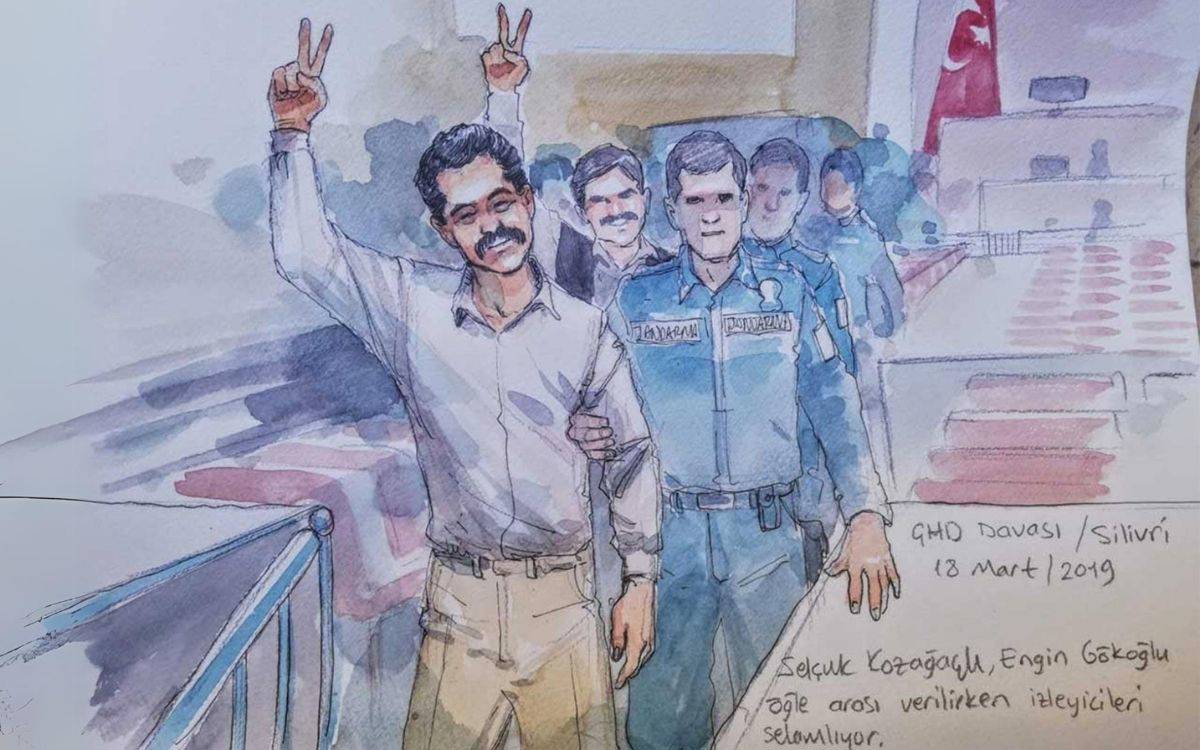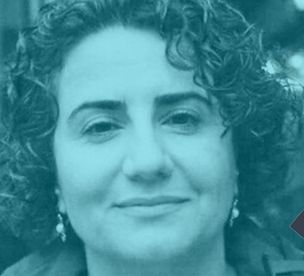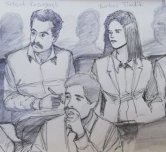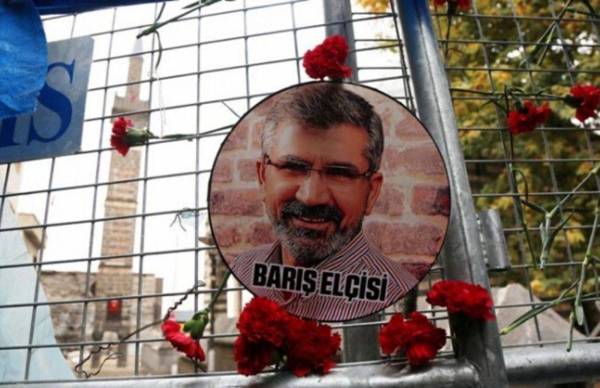Lawyer Barkın Timtik, who is currently incarcerated in Marmara Prison in İstanbul’s Silivri as part of the Progressive Lawyers Association (ÇHD) case, shared her insights in a letter sent to bianet regarding how disciplinary investigations are conducted in prison and how punishments are administered.
Eighteen ÇHD lawyers were sentenced to a total of 159 years in prison on terrorism charges in 2019. Among them was Ebru Timtik, who died in August 2020 after 238 days on a hunger strike demanding a fair trial.
Barkın Timtik, who has been held in prison since March 2019, mentioned in her letter that she would address just one issue and added: "But wherever we look at, there’s a problem, and we've reached a point where we can no longer distinguish between what is fundamental and what is secondary. They are all interconnected and stem from a central policy that feeds and grows off of each other: A great policy of prisons that is inseparable from the isolation and treatment program.”
‘Teaching discipline’
Timtik noted that disciplinary investigations in prison sometimes intensify and continue without interruption, and she criticized the very notion of “discipline” itself:
“Trying to teach ‘discipline’ through investigations to revolutionaries who aim to have an internal discipline in every emotional and intellectual step they take is, yes, a bit absurd.
"What they call institutional order and security, we call the struggle for rights. All we ask for is respect for the dignity of prisoners and human rights.”
Branded as ‘dangerous’
Timtik explained that they are subjected to disciplinary investigations because they do not consent to human rights violations: “When the reasons [for our resistance] are rights violations and practices that our minds and humanity cannot accept, the consequences come in the form of disciplinary investigations and penalties. This is how they brand us as ‘dangerous’.”
Can’t mention isolation
Timtik also noted that speaking about isolation in these new model of prisons could lead to letters being banned: “So what if we are seen as dangerous to those who don’t care about justice? What emerges is these latest-model, severe isolation prisons! Since discussing this topic can lead to letter bans, I’ll refrain from saying more…”
‘No other option but to speak’
She also described how disciplinary punishments are handed down: “Article 47/4 of the Penal Execution Law clearly states that no disciplinary punishment can be given without obtaining a defense. Here, they directly notify us to submit a written defense within three days.
But the law is clear: ‘The defense can be provided either in writing or orally.’ We want to give an oral defense because it’s hard to express what we want to say in writing. There are dozens of issues, and there’s no other way to find solutions except by speaking. But the prison administration denies us this opportunity.
“Detainees and convicts express themselves through a representative they call a ‘spokesperson.’ However, they do not allow us to appoint a representative to speak on behalf of all of us, to explain our issues, and to propose solutions.”
‘We won’t let you breathe’
Timtik argued that ending disciplinary investigations depends on preventing rights violations and resolving issues: “As far as I know, administrators, leaders of a unit or institution, cannot rely solely on disciplinary law to address problems. Doing so would mean they are unable to manage the institution, unit, or organization effectively. On the contrary, the less disciplinary law is enforced, the better the management is.
“But here, it seems the logic is the exact opposite. Are they trying to say, ‘We won’t let you breathe; we’ll keep wearing you down with constant punishments?’ But even that has a limit, though not here. I’ve been here for five years, and they still don’t take our oral defenses.”
Human dignity
Timtik added that sometimes her oral defense is requested through the hatch in the door: “Sometimes they ask, ‘Will you give a statement?’ through the hatch we call the peephole in the door. I say yes, I will. But how can I do it from here? My neck and back hurt. I can’t bend down to make myself heard.
"Isn’t this method of trying to take a statement also against human dignity? Even the officer who comes knows that it’s impossible to take a statement this way. But what can they do? These are the orders; they’re just relaying them to us…” (AS/VK)








as.jpg)


-132.jpg)






